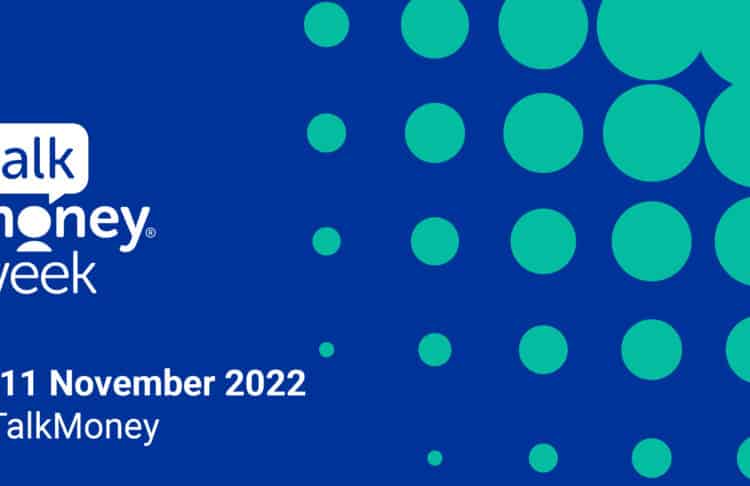It’s time to talk money!
10 November, 2022Did you know that over half of UK adults don’t feel confident in making decisions about financial products and services (Money and Pensions Service 2020)? That’s why the theme for this year’s Talk Money Week is Credit. Understanding what credit terms mean and what options are available is a big step towards taking back control of your finances. In this blogpost, we explain some of the most common credit terms and options so that you can access the help you need and improve your situation.
What are my options?
If you can, the best approach is to live within your means, plan ahead for big expenses, and consistently save money. However, if this isn’t working, or you have an unexpected emergency expense, then our loans are a safe, affordable option. Our interest rates are more competitive than payday lenders or banks, and our repayment schedules can be flexible to suit your needs. Click here to apply today.
Common credit terms:
Annual percentage rate (APR): This refers to the amount you are charged annually on a loan, including interest and fees.
Credit union: In a credit union, you can borrow from a pool of money made up of other members’ savings.
Dividend payments: Any profit the credit union makes is shared between its members as a dividend payment.
FSCS: The financial services compensation scheme covers all financial organisations in the UK. It means that your savings are safe even if the credit union business fails.
Interest rate: This is the percentage of the loan principal balance charged by a loan or credit provider for lending money.
Life insurance policy: As a member of PCU, you automatically receive free non-contributory life insurance. Click here to find out more.
Principal balance: This is the unpaid loan amount, excluding interest.
Reducing balance: At PCU, your interest is calculated on the money still owed. As you pay off your loan, the amount you still owe reduces. This means that the interest you pay reduces as you pay off your loan. There are no fees for paying off your loan ahead of your repayment schedule.
Repayment schedule: The agreement between you and the credit union stating the amount and date of loan repayments.
Secured loans: This is where you borrow less than your savings. Your loan is backed up by your savings, meaning it is less risky for the credit union, and so your interest rate will be lower. You might want to do this because of the lower interest rate, or so that your savings are safe in the credit union. It’s also good to keep your money in your account because it is automatically covered by the credit union’s life insurance policy.
Unsecured loan: This is where you borrow a larger amount than what you have saved. This is riskier for the credit union and so will have a higher interest rate. You might want to do this to cover a large one-off payment that you would not otherwise be able to afford, such as for a car or home improvement.


